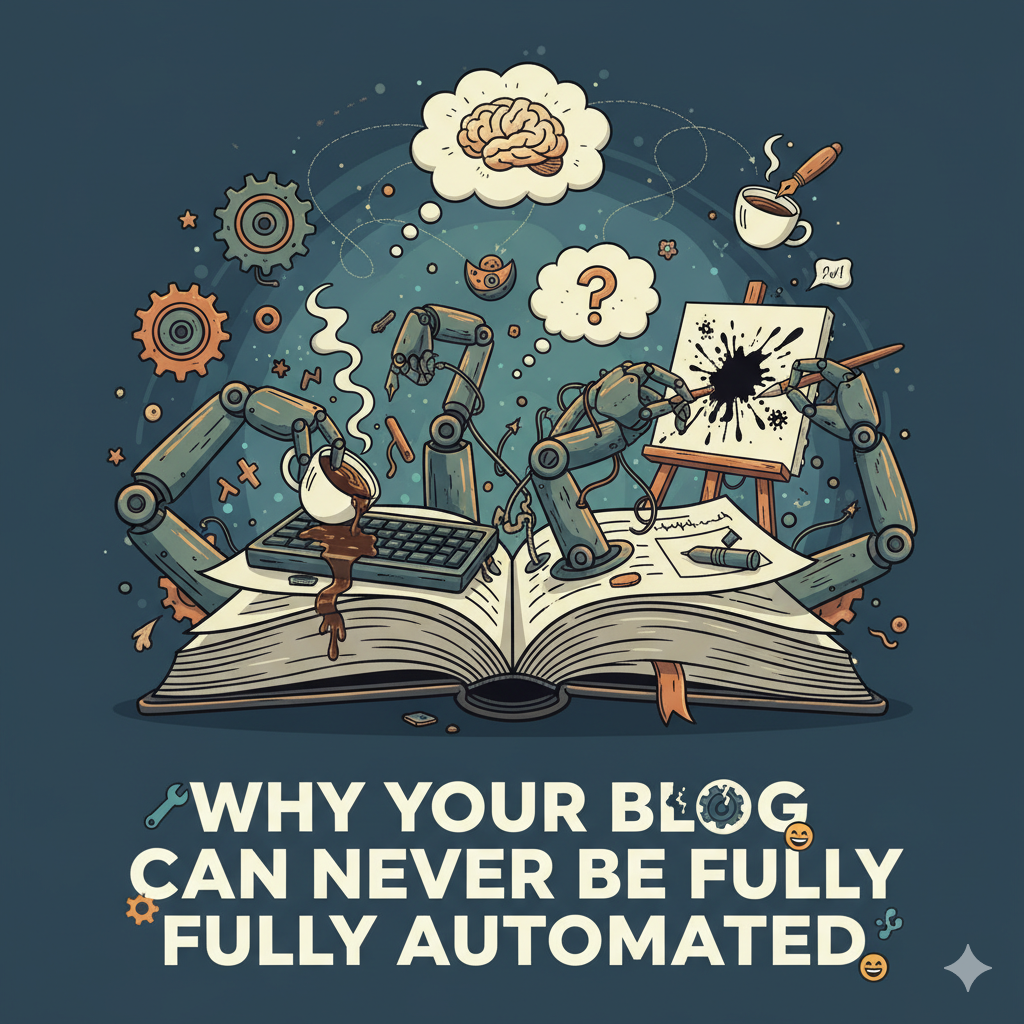There’s a particular kind of obliviousness that becomes less forgivable as your income rises: not knowing what most people around you actually earn.If you’re making $200,000, $500,000, or more annually, not knowing that the median household income in your city is $65,000—or $45,000, or $92,000—isn’t just an innocent gap in knowledge. It’s a form of willful ignorance that reveals something uncomfortable about how you move through the world.
The Psychology of Convenient Blindness
We don’t forget to learn things that matter to us. High earners can typically tell you their property value, thegoing rate for their profession, what private school tuition costs, or how much a kitchen remodel runs. These numbers stick because they’re personally relevant.
But the median income? That number describes the lived reality of half your neighbors, the people serving your coffee, teaching your kids, fixing your car, and staffing your local hospital. Not knowing it isn’t really about a poor memory for statistics. It’s about what you’ve decided is worth knowing.This becomes particularly stark once you’ve crossed into the top income quintile. At that point, not knowing the median isn’t merely ignorance—it’s a choice to remain disconnected from the economic reality that shapes most people’s daily decisions, stresses, and constraints.
Why It Matters
Understanding the median income fundamentally changes how you perceive your community. When you know that half of households in your area earn less than $60,000 annually, you suddenly realize:
That “affordable” $2,800 apartment represents nearly 56% of monthly gross income for a median-earning household—far above the recommended 30%. What seems like a reasonable rent to you is a financial crisis waiting to happen for many of your neighbors.**Your casual $150 dinner** equals roughly what someone at the median income earns in a full day of work, before taxes. It’s not that you shouldn’t enjoy dinner out, but understanding this proportion changes the conversation when you’re puzzled why “everyone” isn’t supporting local restaurants more.
The “minor” car repair that costs $800 might represent weeks of careful saving for half the households around you. Your annoyance at an unexpected expense is their potential spiral into debt.
Those school fundraising expectations that seem modest to you—asking every family to contribute $500 or volunteer extensively during work hours—are quietly segregating parents into those who can participate and those who cannot.This knowledge doesn’t require you to feel guilty about your success or apologize for earning well. But it should inform how you think about community issues, vote on local measures, and understand why certain problems persist.
The Empathy Gap Widens
As income inequality has grown, so has the tendency for high earners to cluster together—in certain neighborhoods, at certain schools, in certain social circles. This clustering makes it increasingly easy to mistake your bubble for the baseline.When most people you regularly interact with have similar resources, it’s tempting to think that’s just “normal middle class.” You hear colleagues complain about money and assume everyone is similarly stretched by private school tuition and vacation home maintenance. The actual middle becomes invisible.
Not knowing the median income allows this distortion to continue unchecked. You can convince yourself that $250,000 is “barely getting by” when it’s actually nearly four times what half your community lives on. You can support policies that benefit your tier while believing you’re advocating for the “average person.”
The Disrespect Factor
Here’s where it crosses from ignorance into disrespect: once you have the resources to insulate yourself from economic stress, choosing not to understand that stress in others becomes a form of dismissal.
It says: “Your reality doesn’t matter enough for me to spend five minutes looking up a single number.”It enables a kind of casual cruelty in conversations. The person making $400,000 who complains they “can’t afford” something isn’t technically lying—they may indeed feel financially stretched by their lifestyle expectations. But without awareness of the median income, they don’t hear how this sounds to the teacher earning $52,000 or the retail worker at $35,000.The disrespect isn’t in being wealthy. It’s in being wealthy without curiosity about how the other half—literally the other half—lives.
What Knowing Changes
Looking up your area’s median household income takes roughly 30 seconds. The U.S. Census Bureau provides this data broken down by city, county, and state. It’s absurdly easy to find.But knowing it requires something harder: being willing to sit with the discomfort of understanding how far your experience has diverged from the statistical center of your community.This knowledge should inform:
How you vote on local tax measures, minimum wage increases, and public service funding
How you discuss policy, recognizing that what seems like a small financial burden to you might be prohibitive to half your neighbors
How you design community programs, from school activities to neighborhood events
How you understand “choice,” recognizing that many decisions you make freely are out of reach for much of your community
How you mentor or advise, especially young people, without projecting your resource availability onto their situations
The Bare Minimum
Knowing the median income of your area isn’t some enlightened gesture of solidarity. It’s the bare minimum awareness required to be a thoughtful participant in your community once you have significant financial advantages.
If you earn well above the median, you benefit from infrastructure, services, and social systems that your neighbors fund proportionally more heavily than you do. You benefit from their labor, often at wages that don’t reflect the full value they create. The least you can do is know enough about their economic reality to speak and act with some degree of awareness.
Not knowing isn’t really about a bad memory for statistics. It’s about deciding that some information is too uncomfortable or inconvenient to hold. And that choice, once you have the resources to make life comfortable for yourself, reveals something about what you think you owe to the people who share your community.The number is easy to find. What’s harder is being willing to let it change how you see the world around you.

